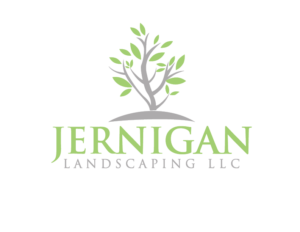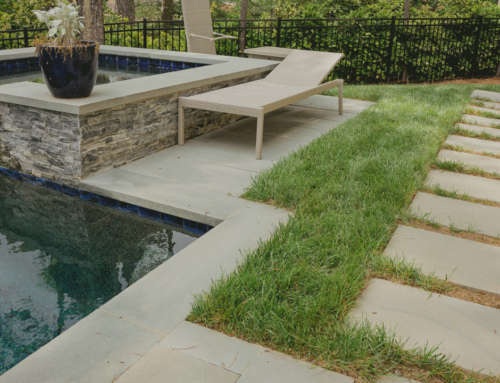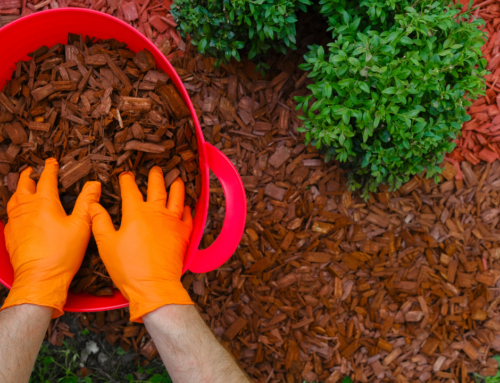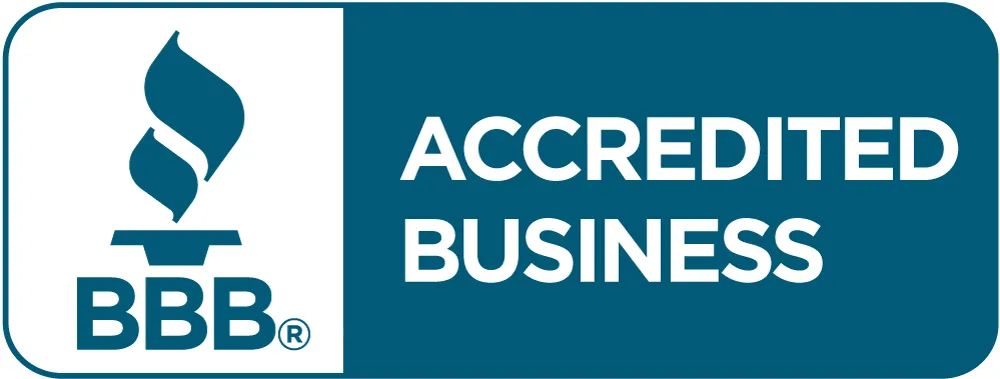North Carolina’s diverse landscape offers a wonderland for homeowners looking to create their dream outdoor space. From the mountain meadows to the coastal plains, the Tar Heel State boasts unique microclimates that require specific plants and materials to thrive. In this comprehensive guide to North Carolina landscaping, we will be covering grass, bush, and mulch elements you can utilize for your yard and will thrive in the NC geography.
Grass
There are three main types of grasses that cover the NC soil: Fescue, zoysiagrass, and bermudagrass. Fescue is a cool-season grass that thrives in North Carolina’s mountains and piedmont regions. It requires less water than other varieties and stays green most of the year. Zoysiagrass is a warm-season grass that is perfect for the coastal regions with its high heat and humidity tolerance. It requires less mowing but can be susceptible to winter kill. Bermudagrass, another warm-season option, offers excellent drought tolerance and wear resistance, making it ideal for high-traffic areas. However, it goes dormant in the winter and requires more maintenance.
Bushes
Bushes offer a multitude of benefits for your North Carolina yard, enhancing everything from aesthetics to environmental factors. The Crape Myrtle is North Carolina’s official state flower that comes in various colors and blooms beautifully in the summer. They’re relatively low-maintenance and drought-tolerant. Azaleas are vibrant flowering shrubs that come in a range of colors and prefer partial shade. They thrive in the cooler mountain regions and add a pop of color in the spring. The Butterfly Bush is a magnet for pollinators and is low-maintenance and blooms continuously throughout the summer. They prefer full sun and well-drained soil.
Mulch
A layer of mulch in your North Carolina landscape offers a surprising range of benefits for both your plants and your overall yard care, like retaining moisture and fights weeds. Pine bark is a popular choice for North Carolina landscapes and offers excellent weed suppression, retains moisture, and adds a natural aesthetic. However, it needs to be replenished every few years. Hardwood mulch is made from shredded wood chips and is another eco-friendly option that helps retain moisture and discourages weeds. A benefit is it decomposes slower than pine bark, extending its life. Compost, a nutrient-rich option, improves soil health and adds valuable organic matter. However, it breaks down quickly and may not offer the same level of weed suppression as other mulch types.
As you plan your dream landscape, consider the grass, bushes, and mulch you supply your yard with. Each has its benefits when placed in the correct environment. If you need professional knowledge on what additions to make to your yard, contact us at Jernigan Landscaping for help. Happy landscaping!



![jernigan2 (1) [Recovered]-01 Logo | Jernigan Landscaping](https://jerniganlandscaping.com/wp-content/uploads/2022/04/jernigan2-1-Recovered-01.png)


